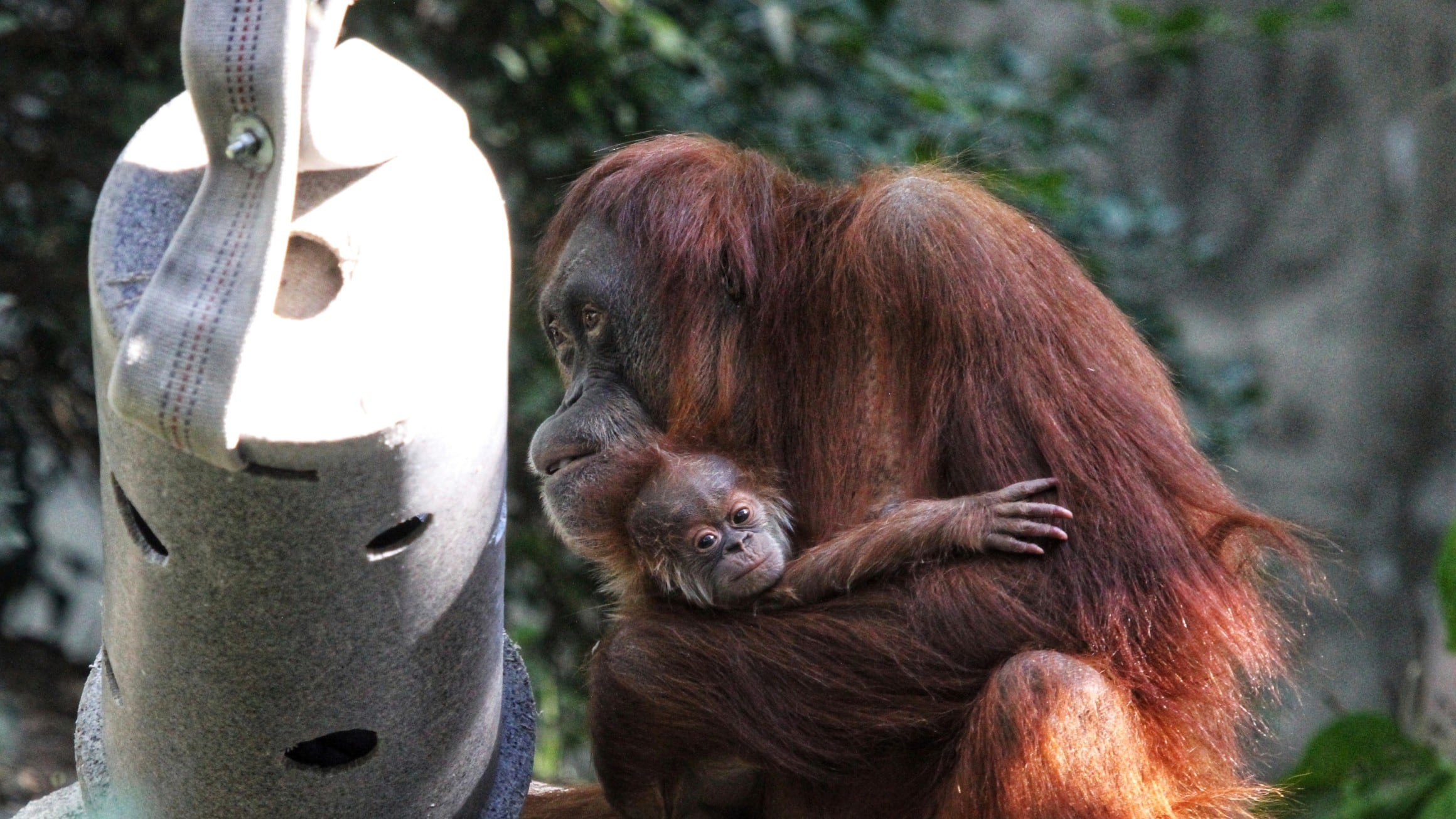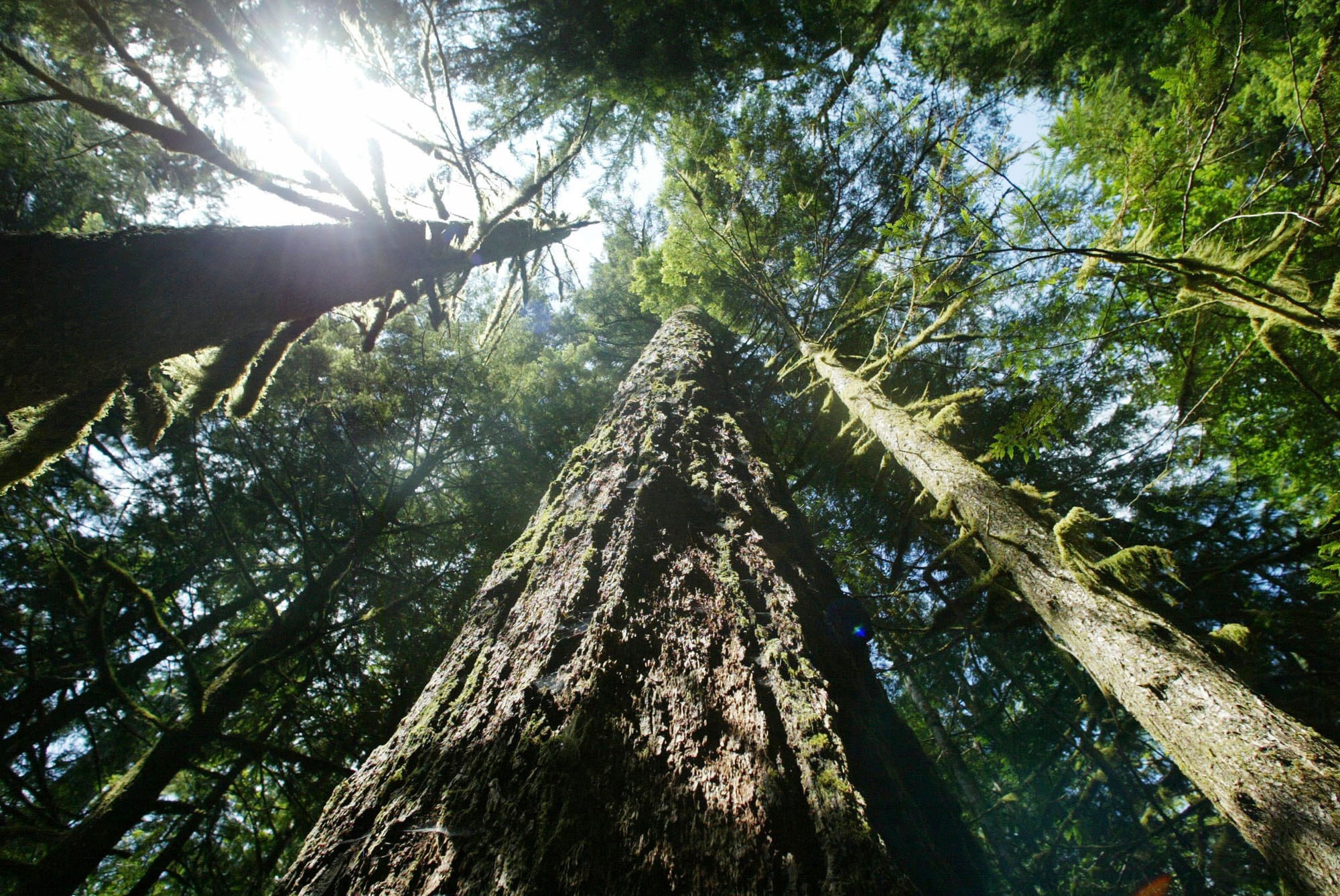The planet we live on right now has gone through a whopping five rounds of mass extinction. The last time it happened – it wiped out all the dinosaurs.
Many scientists are saying we are now either approaching – or worse – already in the process of the sixth mass extinction. The past five rounds happened due to irresistible natural forces like carbon cycle changes and asteroid collision, but this time, we have none other than ourselves to blame.
Rebecca Johnson, chief scientist and associate director for science at Smithsonian's National Museum of Natural History, says the sixth mass extinction is different from the previous events because of the way humans have modified the planet.
"The last 200 years is absolutely something we need to be worried about because we know there are a lot of extinctions that have happened because of the way we as humans have changed our use of the planet," said Rebecca Johnson.
Despite sounding apocalyptic, extinction is actually a natural process. However, humans are accelerating the pace of it immensely.
"The life on Earth has been around for 3.5 billion years and things have come and gone," said Kirk Johnson, Sant Director of the museum. "What's particularly unusual about the present moment is that we, as humans, are directly causing the extinction of many, many species."
In September, the U.S. Fish and Wildlife Service declared 23 species extinct. A UN report from May of 2019 speculates around one million flora and fauna species could face extinction within the coming decades. When it comes to mammals like us, more than one in five members of the species are at risk. Half of primate species like gorillas and orangutans are facing extinction.
The problem starts long before a species disappears from the planet because it is not just the decrease of species, but the decrease in the number of individuals in each species as well.
Scientists are racing to rescue near-extinct species, and some are getting their inspiration from the past. For example, they are finding ways to bring back already-extinct animals like the woolly mammoth.
Not everyone agrees with de-extinction, however. As futuristic as it sounds, the idea comes with ethical controversy and lack of policy oversight.
"It's the science, it's the ethics, and it's the policy altogether," said Kirk Johnson. "The science is leading. The policy is being impacted by financial considerations, and the ethics is being left behind at the train station."
This is where museums can come to the rescue. Institutions like the National Museum of Natural History lay out unbiased fundamental scientific ground work through their collections. Combined with modern genomic technologies, these collections can yield compelling data needed to rescue endangered species.
Museums hold extremely rare collections as well. Many of the Smithsonian's 147 million specimens were collected in ecosystems that no longer exist and therefore cannot be replicated ever again. And they plan to hold onto those collections "forever," said Kirk Johnson.
"When you're dealing with endangered species, you can't just pop out and collect samples from something that you might think is really important but you don't want to put it at risk," said Rebecca Johnson. "Museum collections are this incredible resource not only of knowledge, but of the samples that are actually very hard to collect and ethically hard to get a permit for in some cases."
At the end of the day, saving the planet is a team effort – everyone needs to be on board. Scientists say if humans work together, we just might be able to save it before it gets too late.
"It's really important when everyday we hear about catastrophic things and we hear about the impacts of climate change that we remember that it's not too late to actually make a difference," said Rebecca Johnson.
"We are going to a place that humanity has never been before, and we don't want to go there," said Kirk Johnson.
Updated to show Shawn Klein contributed to this story.












